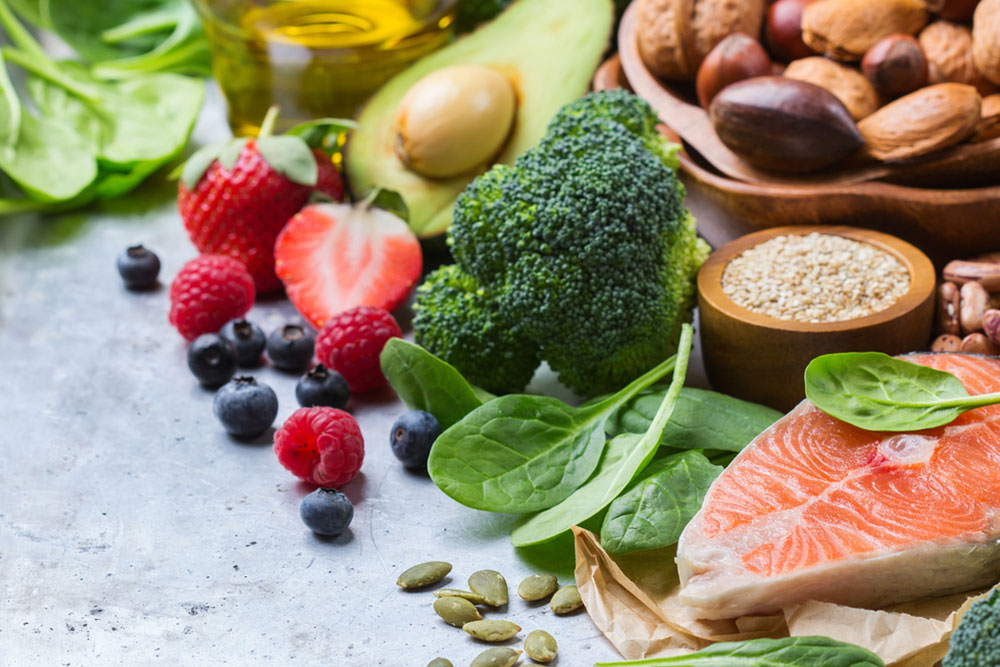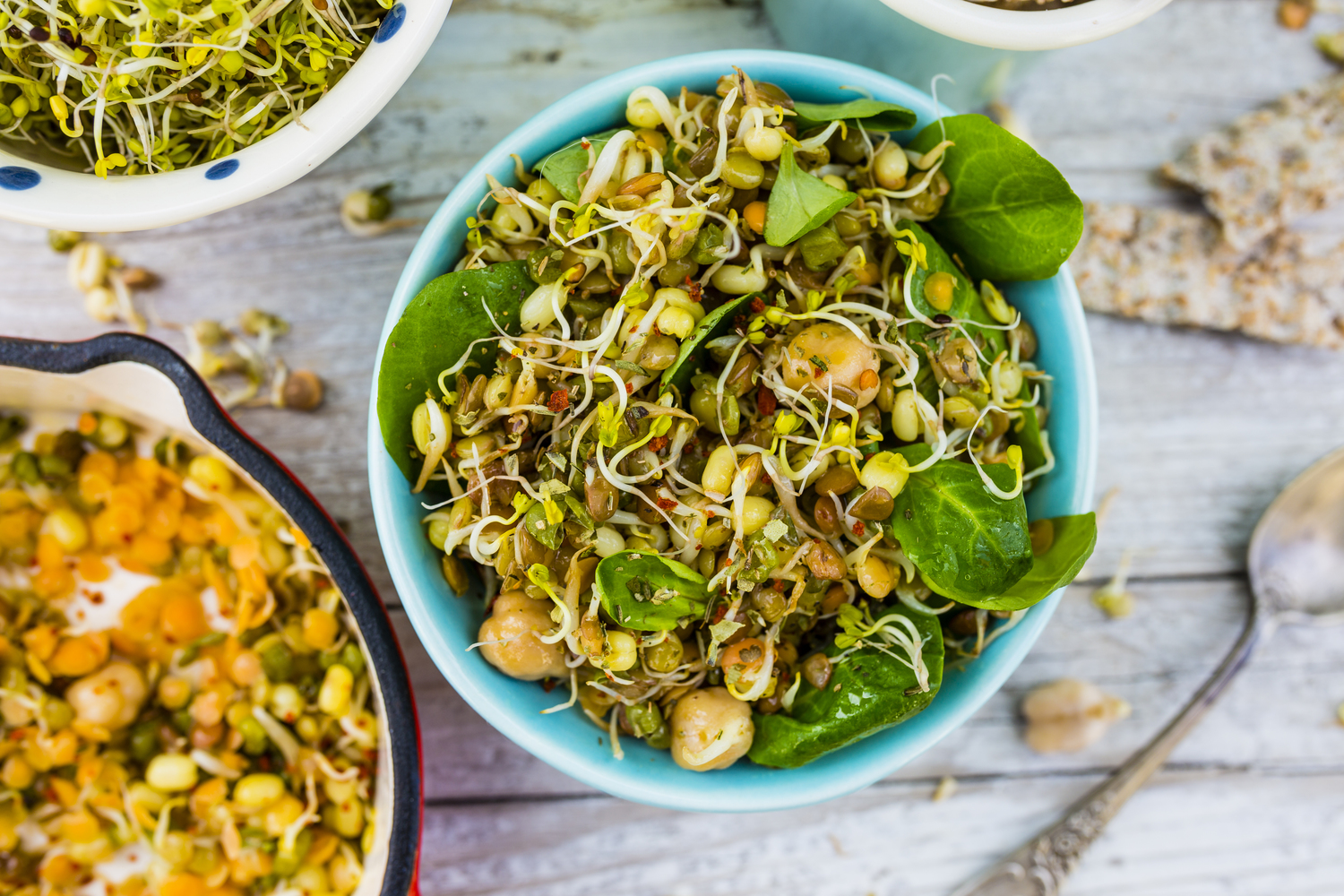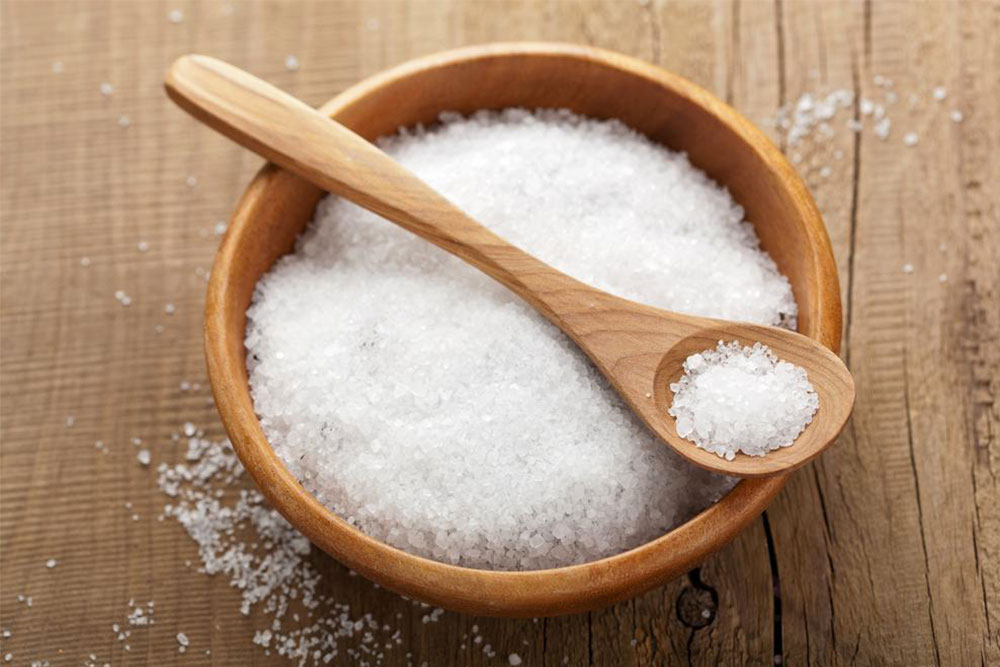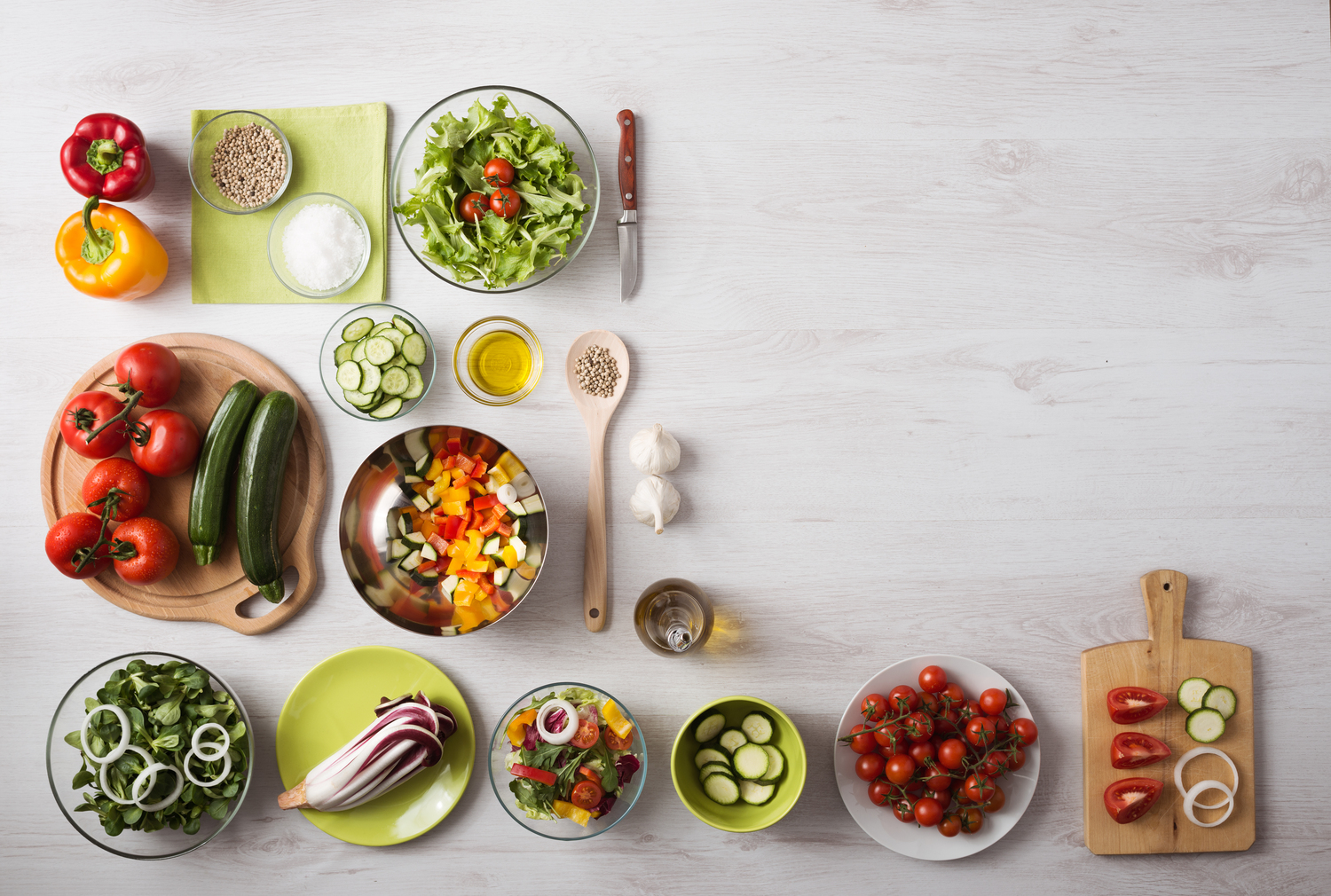Dietary Tips for Managing Bipolar Disorder Symptoms
This article offers essential dietary tips for individuals with bipolar disorder, emphasizing foods to avoid to stabilize mood swings. It covers triggers like caffeine, high-fat foods, tyramine-rich items, alcohol, grapefruit, sugar, and salt. Incorporating these guidelines can enhance medication effectiveness and improve mental health stability, leading to better daily functioning. Maintaining a mindful diet helps prevent symptom exacerbation and promotes emotional well-being alongside medical treatment.
Sponsored

Dietary Recommendations for Individuals with Bipolar Disorder
Dietary considerations for bipolar disorder
Bipolar disorder is a mental health condition characterized by extreme mood swings, fluctuating between depression and mania. Alongside medication, diet impacts mood stability and symptom severity. Certain foods can influence mental health, necessitating mindful eating habits for those affected.
Potential food triggers
Specific foods may trigger or worsen mood episodes in bipolar patients. These can cause shifts from depressive lows to manic highs. Recognizing and avoiding such foods can help maintain mood balance. Keeping a food and mood journal can assist in identifying personal triggers.
Different individuals may react uniquely to certain foods. Avoiding known triggers and monitoring dietary habits can improve overall mental well-being. Essential practices include noting the effects of foods consumed to tailor personal diet plans.
Caffeine intake
Excess caffeine can disrupt sleep patterns, provoking mood swings and irritability. It can also upset digestion and increase stomach acidity. Limiting coffee and caffeinated drinks supports mood stability and sleep quality.
High-fat foods
A diet high in saturated fats can impair medication effectiveness and elevate cardiovascular risks. Avoiding fatty foods helps protect heart health and supports optimal mental function, especially during medication therapy.
Foods rich in tyramine
People on MAO inhibitors must steer clear of tyramine-rich foods like aged cheeses, fermented products, ripe bananas, soy sauce, and cured meats. These can raise blood pressure and cause adverse reactions.
Alcohol consumption
Alcohol can intensify depressive symptoms and interfere with medication efficacy. Abstinence from alcohol is crucial to prevent health complications and mood instability.
Grapefruit and juice
Grapefruit can interact with certain medications, causing side effects like drowsiness or toxicity. Avoiding grapefruit is advisable for safe medication management.
Sugar intake
Excess sugar may lead to weight gain, blood sugar spikes, and reduced mood stability. Minimizing added sugars and artificial sweeteners supports overall health and mood regulation.
Salt consumption
High salt intake can affect blood pressure and lithium levels, potentially leading to health risks. Moderation in salt use is recommended for those on bipolar medications.
Adhering to these dietary guidelines can help manage bipolar symptoms effectively, ensuring a better quality of life and medication efficacy.






